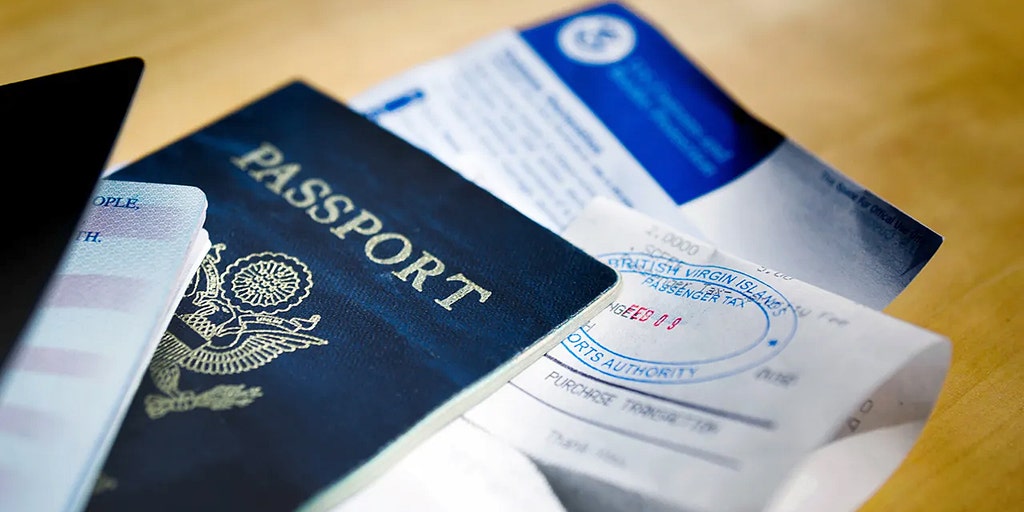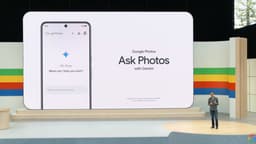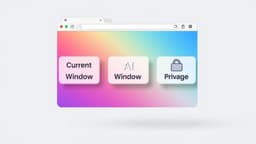Home / Technology / Chrome's Autofill Upgrade Raises Privacy Concerns in 2025
Chrome's Autofill Upgrade Raises Privacy Concerns in 2025
12 Nov
Summary
- Google Chrome's new autofill features for passports, licenses, and vehicle details
- Concerns over data privacy and potential exploitation by hackers
- Recommendations to secure Chrome and protect personal information

As of November 2025, Google has rolled out a significant upgrade to its Chrome browser, allowing users to automatically fill in passport, driver's license, and vehicle registration details on various websites. This new feature joins the existing autofill options for passwords, addresses, and payment information, aiming to streamline online tasks.
However, the enhanced autofill capabilities have raised concerns about data privacy and potential exploitation by cybercriminals. Experts warn that hackers are actively sending fake meeting invitations to lure users and gain access to their sensitive information. Additionally, infostealer malware has been used to capture data entered into web fields, both manually and through autofill.
To mitigate these risks, users are advised to take several precautions. Installing trusted antivirus software, using a dedicated password manager, and enabling two-factor authentication on their Google account can help safeguard personal data stored in Chrome's autofill. Regularly checking for and removing any unfamiliar browser extensions is also recommended, as malicious add-ons have been known to steal autofill information.
Furthermore, users should be cautious when granting Chrome permission to share their data with third parties and consider using a private, encrypted email provider linked to their Google account. Regularly clearing one's digital footprint through data removal services can further limit the information available to potential hackers.




